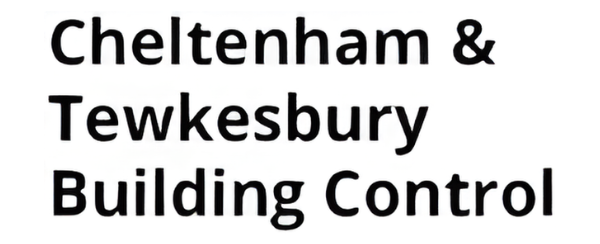Cheltenham and Tewkesbury building control service are committed to delivering a high quality service to all our customers. We do appreciate however that sometimes works do not always go to plan and may go wrong. We will always try and help where we can but in some situations it is not always possible.
This page sets out our complaints procedure and the roles and responsibilities of parties involved in the building project.
Complaints procedure and what defines a complaint
Matters that are not considered complaints:
- A building regulation technical assessment
- Misunderstanding or dissatisfaction with the minimum standard set by the building regulations
- A decision of the local authority where regulatory powers are being exercised
- Unsubstantiated criticisms of the scope or context of the local authority building control service
- Criticisms of quality of workmanship (outside building regulation requirements for materials and workmanship) or building warranty items
- Criticisms which constitute a disagreement with, or a refusal to accept, a rule of law which the local authority building control is applying
- Complaints and/or claims made against the warranty where the building control complaints process has not been exercised
The role of our building control service is to assess works that are being carried out comply with the building regulations.
It must be noted that it is not the role of Cheltenham and Tewkesbury building control service to:
- Provide a clerk of works service where we constantly supervise the works being carried out.
- Provide quality control of the works.
- Provide a service to address issues such as the finish and aesthetics of the works where these are not building regulation matters.
- Provide a service to offer contractual protection between the person carrying out the work and the parties engaged in the design and/or construction of such work.
- Provide a guarantee of compliance with the building regulations. The appointment of a building control body does not remove the obligation of the person carrying out the work to achieve compliance.
People who are responsible for building work (e.g. agent, builder, designer or installer) must ensure that the work complies with all applicable requirements of the building regulations. The building owner may also be responsible for ensuring work complies with the building regulations. If building work does not comply with the building regulations, the building owner may be served with an enforcement notice. We would advise to engage an architect or agent to act on behalf of the owner to oversee the building project.
If you feel you are unsatisfied with any part of the service which does not form any of the items outlined above and would like to make a formal complaint to the local authority then please follow this complaints procedure.
When do you need an inspection
Cheltenham and Tewkesbury Building Control will always need to be notified at various stages of works and these are statutory notifications that you must inform us of your building project:
- When works start – Two days notice will be required
- Commencement – see below for definition and stage to notify
- Completion – Five days notice will be required
What is commencement?
The definition of commencement has been split in to two areas: work to complex buildings and work to none-complex buildings.
Complex building work is to be regarded as commenced when the foundations supporting the building and the structure of the lowest floor level of that building (but not the other buildings or structures to be supported by those foundations) are completed. A complex building is prescribed in the regulations as a building constructed on the same shared foundation plinth or podium as any other building or structure; a building with more than one storey below ground level or a building where its proposed use is primarily that of a public building with capacity for 100 or more visitors.
Where the work consists of a building that is not complex, or a horizontal extension of a building, work is to be regarded as commenced when the sub-surface structure of the building or the extension including all foundations, basement level (if any) and the structure of ground floor level is completed.
Where the work consists of any other building work, work is to be regarded as commenced when 15% of the proposed work is completed.
Dutyholders must set out in their application for the building control body to assess, what they consider constitutes 15%. commencement of work must be satisfied within three years of the application for building control approval being submitted to the building control authority.
The new requirements with regards to lapse of building control apply even to plans or initial notices submitted and agreed before 1 October 2023 if building work has not started on site by 6 April 2024.
Other inspection stages that we would want to be notified at during the building project are:
- Excavations prior to the pouring of concrete
- Oversite preparation prior to the pouring of concrete
- The laying of foul and surface water drainage prior to backfilling
- Structural members including: steel beams, floor joists and roof carcasses
- Damp proof course and any damp proofing, such as tanking arrangements
- Fire resistance/stopping and cavity barriers to areas such as: structural members, pipe penetrations, compartmentation lines
Completion of works
Once works have been completed you must notify us within five days. Within these five days you will also be required to submit a dutyholder declaration (add declaration notice)
Upon satisfactory completion of works, where all supplementary information has been submitted and where the local authority is satisfied having taken all reasonable steps a completion certificate will be issued.
Your opinions matter
As a valuable customer to our service your thoughts and opinions on the service we provide matters to us. We would be grateful if you could take a few minutes of your time to tell us how you rated the service provided.
